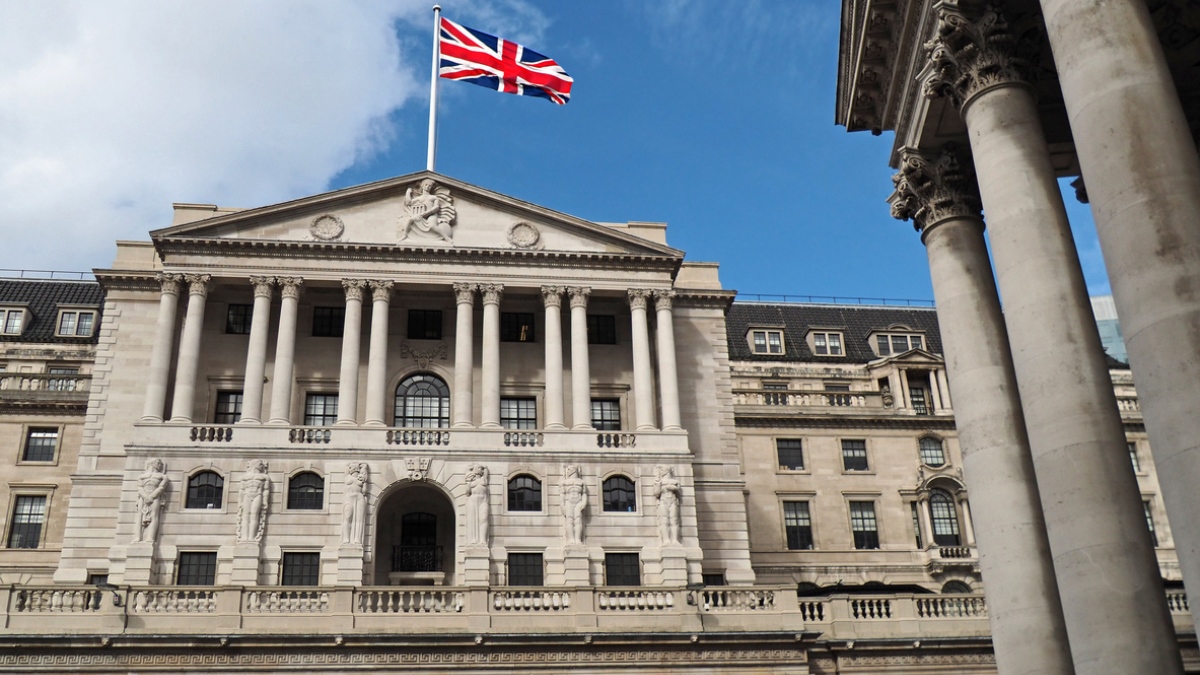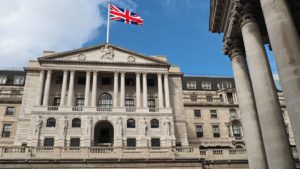By Lucy Meakin Source: Bloomberg.com K. central bank attempting to increase women in senior roles British firms are now required to pub
By Lucy Meakin
Source: Bloomberg.com
- K. central bank attempting to increase women in senior roles
- British firms are now required to publish gender pay gaps
The Bank of England is piloting anonymous job applications to promote diversity.
The more than three-century old central bank only appointed its first female senior official in 1988, according to a speech by Chief Operating Officer Joanna Place at an event in London Thursday. It’s one of a handful of new measures to boost the proportion of women at that level to 35 percent by 2020, from 30 percent currently, and reduce a 21 percent median gender-pay gap.
Recruiters at the BOE are looking to mitigate any unconscious bias in the hiring process with the new trial, which will remove all personal information — such as age and interests — from applications but leave some job history and education details.
The trial comes after Transport for London announced it was introducing similar steps to help eradicate its own gender pay gap. This year around 9,000 U.K. firms and organizations are, for the first time, legally required to report the difference in average pay between their male and female workers.
Place also said that the BOE will unveil a new program next month to encourage the return of any professionals who have been out of work for a period of time. It will offer a paid six-month placement starting in September with the possibility of a full-time role afterward.
Despite a female resignation rate that is lower than that for male workers, according to Place, the BOE has seen the exit of some of its highest profile women in recent years. Kristin Forbes, Minouche Shafik and Charlotte Hogg all left the rate-setting committee in 2017, while Clara Furse stepped down from the Financial Policy Committee the previous year.


